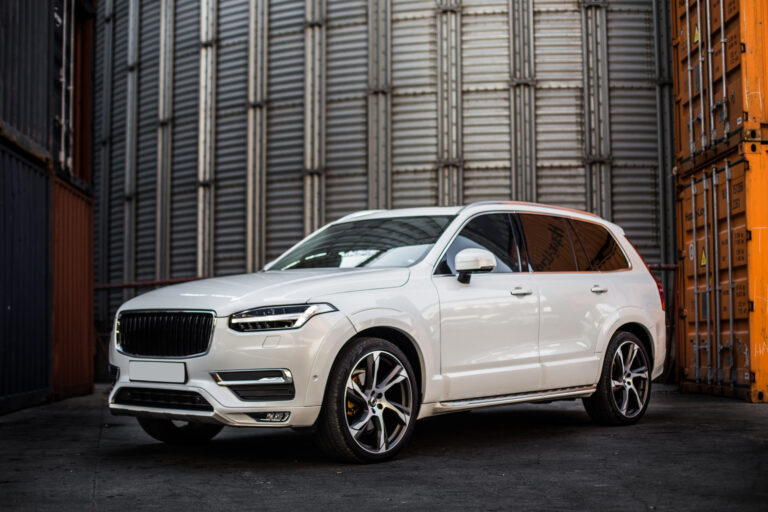In today’s fast-paced world, owning a car has become a necessity for many people. When it comes to choosing a car, one of the key decisions is whether to go for a diesel or petrol-powered vehicle. While diesel cars were once considered the more economical choice, they have become increasingly expensive compared to their petrol counterparts in recent years. In this article, we will delve into the reasons why diesel cars are now costlier than petrol cars.
Understanding the Initial Cost
https://officialmotorspark.com/from-concept-to-reality-how-maruti-fronx-is-redefining-the-automobile-industry/
1. Higher Manufacturing Costs
Diesel engines are inherently more complex than petrol engines. They require stronger components to withstand higher compression ratios and the additional stress that comes with diesel combustion. This complexity translates into higher manufacturing costs.
2. Emission Control Systems
Stringent emission regulations have forced diesel car manufacturers to invest heavily in emission control systems. These systems, such as Diesel Particulate Filters (DPF) and Selective Catalytic Reduction (SCR), add to the overall cost of production.
Fuel Costs and Efficiency
3. Fuel Price Disparity
One of the primary reasons why diesel cars used to be popular was the lower cost of diesel fuel. However, in recent years, diesel fuel prices have risen, narrowing the gap with petrol prices.
4. Improved Petrol Engine Efficiency
Advancements in technology have made petrol engines more efficient. They now offer fuel efficiency levels that were once the exclusive domain of diesel engines, making petrol cars a more attractive option for cost-conscious consumers.
Maintenance and Repairs
5. Complex Diesel Engines
As mentioned earlier, diesel engines are more complex than petrol engines. This complexity extends to maintenance and repairs, which often require specialized knowledge and parts, driving up servicing costs.
6. Turbochargers
Many diesel engines are equipped with turbochargers, which can be costly to repair or replace if they malfunction.
Resale Value
7. Depreciation Rates
Diesel cars tend to depreciate faster than petrol cars. Potential buyers are often wary of the higher maintenance costs associated with used diesel vehicles, which further impacts resale value.
8. Uncertain Future
With the push for electric and hybrid vehicles, the resale value of diesel cars is becoming increasingly uncertain. This uncertainty can affect the perceived value of diesel cars in the used car market.
Government Policies
9. Taxation
Some countries impose higher taxes on diesel fuel or diesel vehicles to encourage a shift toward cleaner alternatives, making diesel cars less financially appealing.
10. Emission Penalties
Manufacturers may face penalties for producing diesel cars that do not meet emission standards, leading to higher production costs, which are then passed on to consumers.
Conclusion
In conclusion, the days of diesel cars being the cheaper option are behind us. Factors such as higher manufacturing costs, narrowing fuel price differences, complex maintenance requirements, and changing government policies have all contributed to the increased cost of diesel cars compared to petrol cars. As technology continues to evolve, the gap between diesel and petrol vehicle costs may continue to widen, making it essential for consumers to carefully consider their options when purchasing a new car.
Maruti 800 Won’t Start? It Might Be Your Relay – Here’s What to Do
FAQs
1. Are diesel cars more fuel-efficient than petrol cars?
While diesel cars used to be known for their fuel efficiency, advancements in petrol engine technology have made petrol cars equally fuel-efficient in many cases.
2. Do diesel cars have higher maintenance costs?
Yes, diesel cars tend to have higher maintenance costs due to their complex engines and the need for specialized repairs.
3. Are diesel cars better for long-distance driving?
Diesel cars are often preferred for long-distance driving due to their fuel efficiency, but this advantage is diminishing as petrol engines become more efficient.
4. Are there any government incentives for diesel car buyers?
In some regions, there may be tax incentives for diesel car buyers, but these incentives are becoming less common as governments prioritize cleaner energy sources.
5. Should I buy a diesel or petrol car in today’s market?
The choice between a diesel and petrol car depends on your specific needs, driving habits, and the availability of fuels in your area. It’s advisable to consider all the factors discussed in this article before making a decision.

